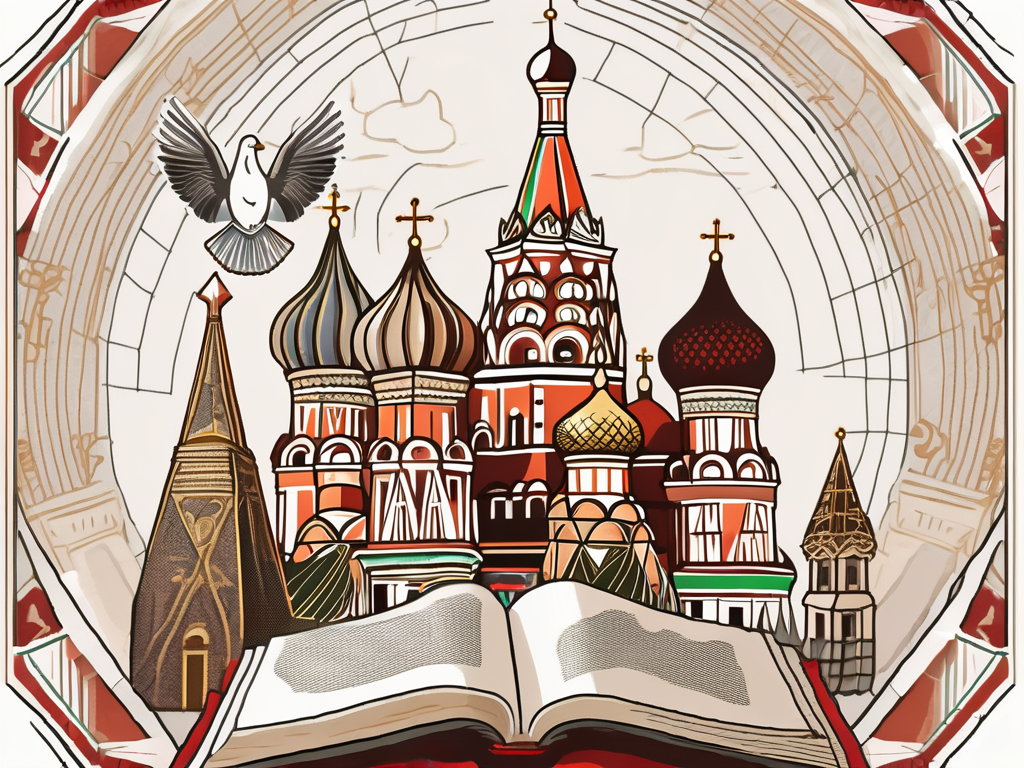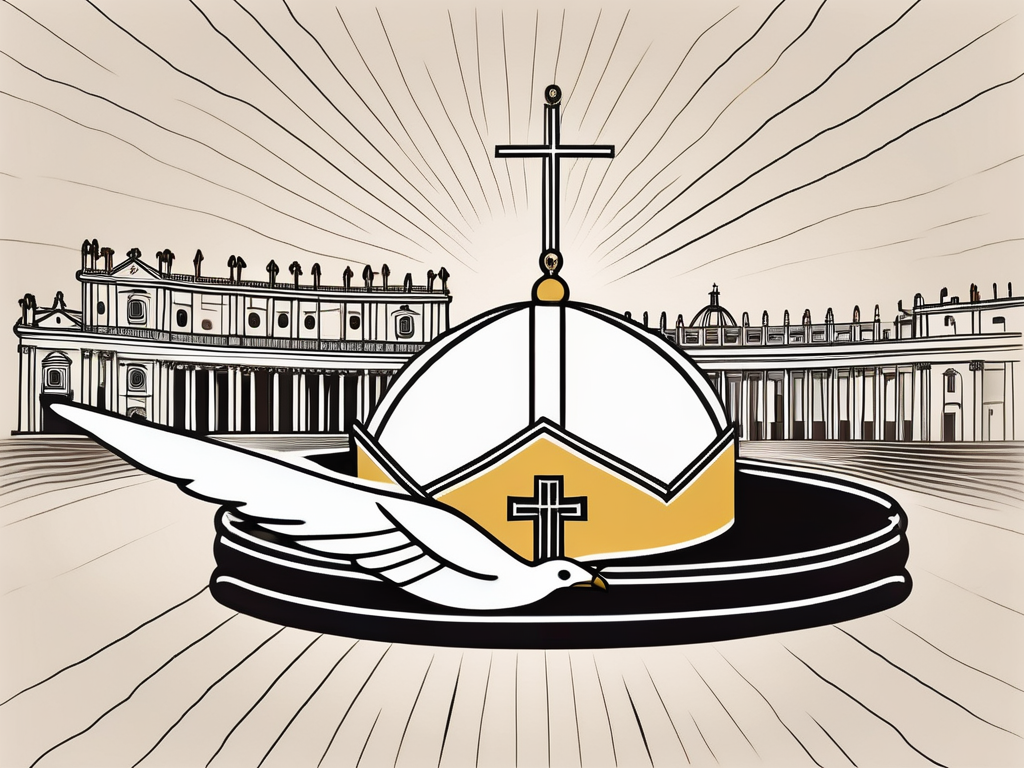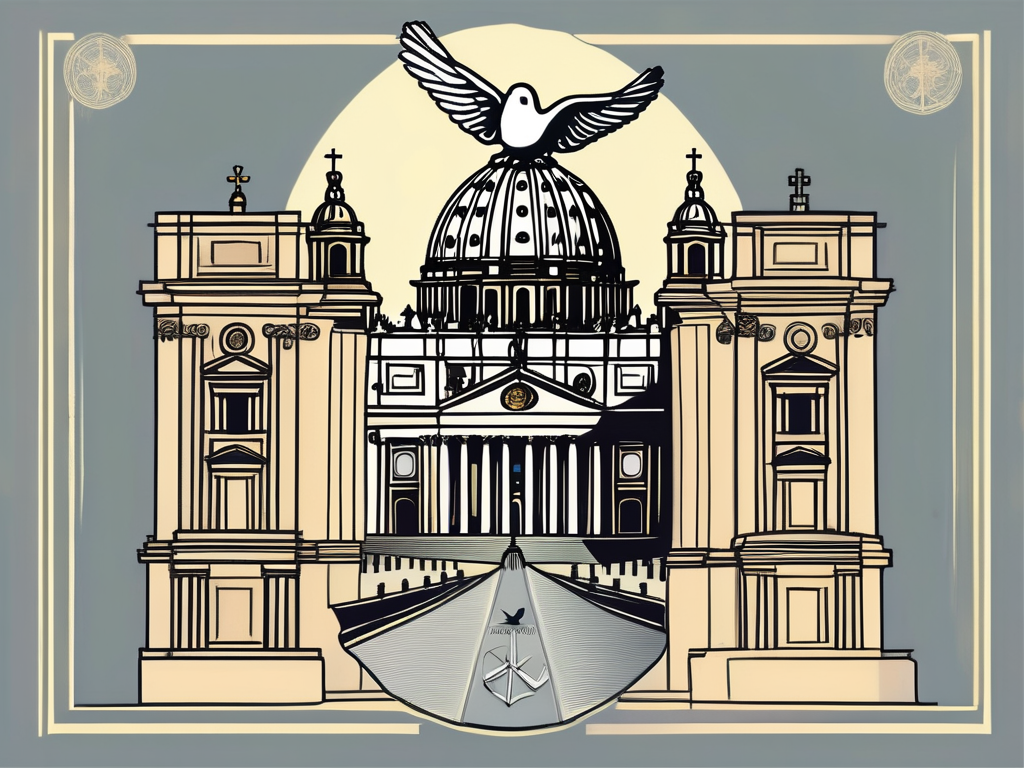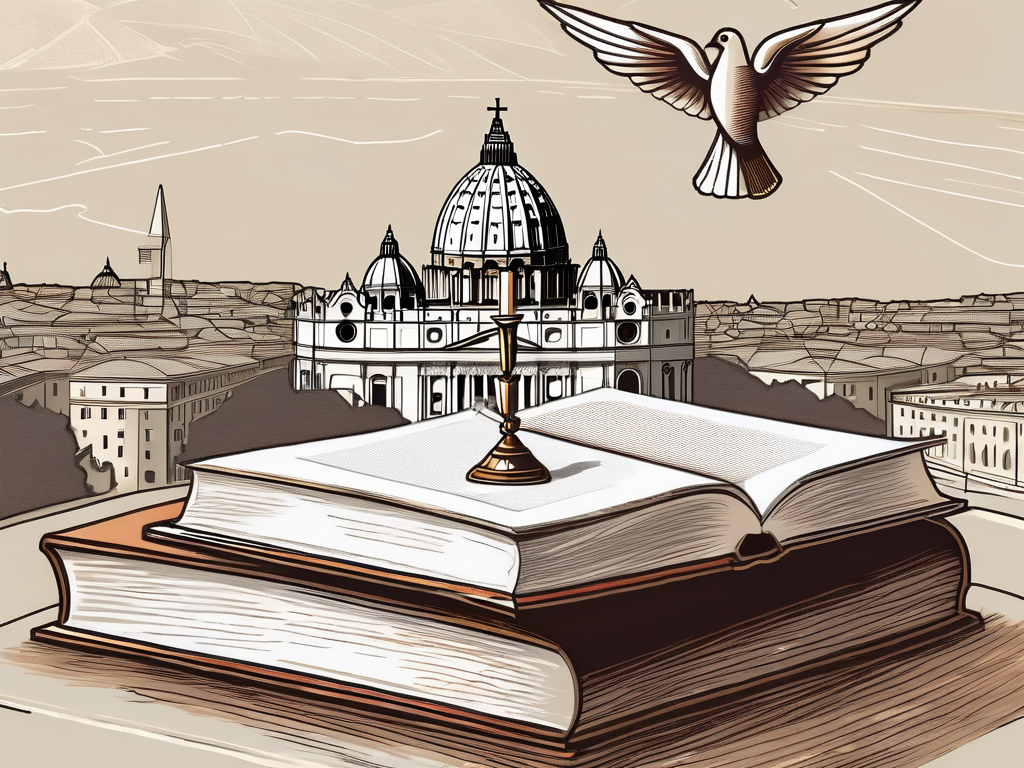Saint Gregory of Nyssa is a fascinating figure in the history of Christianity. His life and teachings have left a lasting impact on the theological development of the Church. Let’s take a closer look at the different aspects that shaped his remarkable journey.
Early Life and Education of Saint Gregory of Nyssa
Within the humble beginnings of his birth and family background lie the seeds of Saint Gregory’s future greatness. Born into a family of devout Christians, he was surrounded by a spiritual environment from a young age. His parents, Basil and Emmelia, were devout believers who instilled in their children a deep love for God. This strong foundation played a crucial role in shaping Gregory’s spiritual journey.
In his formative years, Gregory showed great promise and intellectual curiosity. As he grew older, his thirst for knowledge led him to pursue a rigorous education. He immersed himself in various subjects, including philosophy, literature, and theology. Gregory’s insatiable desire to learn laid the foundation for his future endeavors.
Gregory’s parents recognized his exceptional intellect and ensured that he received the best education available. They enrolled him in prestigious schools where he studied under renowned scholars. His teachers were impressed by his sharp mind and eagerness to explore complex ideas.
During his studies, Gregory delved into the works of ancient philosophers, such as Plato and Aristotle. He was captivated by their profound insights into the nature of reality, ethics, and the human condition. Gregory’s engagement with these philosophical ideas not only broadened his intellectual horizons but also deepened his understanding of the world and his place in it.
As Gregory’s education progressed, he developed a keen interest in literature. He immersed himself in the works of renowned poets, playwrights, and novelists, drawing inspiration from their masterful storytelling and profound observations on the human experience. Through literature, Gregory honed his ability to express complex ideas and emotions, a skill that would later serve him well in his theological writings.
While studying theology, Gregory encountered the writings of influential Christian theologians, such as Origen and Athanasius. Their theological insights resonated deeply with him, and he became increasingly drawn to the study of Christian doctrine. Gregory’s theological studies not only strengthened his faith but also equipped him with the knowledge and tools to engage in theological discourse and defend the Christian faith.
Throughout his educational journey, Gregory’s intellectual pursuits were not detached from his spiritual life. He saw his studies as a means to deepen his understanding of God and His creation. Gregory’s education served as a bridge between the intellectual and the spiritual, allowing him to integrate his faith with his pursuit of knowledge.
As Gregory completed his education, he emerged as a brilliant scholar, well-versed in various disciplines. His insatiable thirst for knowledge and his unwavering faith laid the groundwork for his future contributions to theology and the Church.
Saint Gregory’s Spiritual Journey
A pivotal moment in Gregory’s life occurred when he experienced a profound conversion to Christianity. This transformational event marked a significant turning point, as he dedicated his life to serving Christ and spreading the Gospel message. Motivated by his newfound faith, Gregory embarked on a path of asceticism and embraced the monastic life.
Living as a monk, Gregory practiced rigorous self-discipline and pursued a life of prayer and contemplation. The solitude and simplicity of the monastic existence allowed him to deepen his relationship with God and gain profound insights into the mysteries of the faith.
Within the walls of the monastery, Gregory found solace in the rhythm of daily prayers and the chanting of ancient hymns. The monastic community provided a supportive environment where he could engage in intellectual pursuits and engage in theological discussions with fellow monks.
Gregory’s days were structured around a strict routine, beginning with early morning vigils and followed by hours of manual labor. Whether tending to the monastery’s gardens or copying sacred texts, each task was seen as an opportunity to offer his work as a form of worship to God.
As the years went by, Gregory’s reputation as a wise and holy monk grew. Pilgrims from far and wide sought his counsel, eager to benefit from his spiritual wisdom and guidance. Gregory’s words carried weight, as he had spent countless hours in prayer and contemplation, seeking divine insight and understanding.
Gregory’s spiritual journey was not without its challenges. He faced periods of doubt and temptation, wrestling with his own human weaknesses. Yet, through perseverance and unwavering faith, he overcame these obstacles and emerged stronger in his commitment to God.
Throughout his life, Gregory remained steadfast in his mission to spread the Gospel message. He traveled to distant lands, preaching the word of God and converting many to Christianity. His sermons were filled with passion and conviction, as he shared the transformative power of Christ’s love.
Gregory’s impact extended beyond his own lifetime. His writings and teachings continue to inspire and guide believers to this day. His theological works, such as “The Life of Moses” and “On the Making of Man,” delve deep into the mysteries of the faith, offering profound insights and spiritual nourishment.
Today, Saint Gregory is revered as a saint and a pillar of the Christian faith. His spiritual journey serves as a testament to the transformative power of God’s grace and the profound impact one individual can have on the world.
Gregory’s Episcopal Service
Gregory’s journey in the Church was marked by a steady rise in responsibilities, paralleling the growth of his reputation. His dedication and integrity led to his ordination as the Bishop of Nyssa, a position that would define his life’s work. As bishop, Gregory embraced his role as a shepherd, tirelessly guiding, teaching, and counseling his community.
Gregory’s episcopal service was characterized by his deep commitment to the spiritual growth of his flock. He understood the weight of his responsibility and approached it with humility and compassion. Whether it was through his sermons, pastoral visits, or personal interactions, Gregory sought to nurture the faith of those under his care.
However, Gregory’s tenure as bishop was not without its challenges. As a theologian of great insight and intellect, he held theological perspectives that were not always embraced by everyone. This led to controversies and opposition from individuals who disagreed with his teachings. Despite these conflicts, Gregory remained steadfast in his convictions, never compromising his commitment to the truth.
Unfortunately, the opposition to Gregory’s theological views eventually escalated to the point of his exile. This period of hardship and persecution tested his faith and resolve. Separated from his beloved community, Gregory found solace in his unwavering trust in God and his unwavering dedication to his calling.
During his exile, Gregory continued to inspire others through his writings and correspondence. His letters, filled with wisdom and encouragement, reached far and wide, touching the lives of many who were in need of hope and guidance. Even in the midst of his own suffering, Gregory’s words carried the power to uplift and inspire.
Gregory’s exile came to an end, and he was able to return to his community. The joyous reunion with his flock was a testament to the enduring impact of his ministry. His time in exile had only deepened his faith and strengthened his resolve to serve God and his people.
Gregory’s Episcopal service was not just a chapter in his life; it was a testament to his unwavering commitment to his faith and his unwavering dedication to the truth. His legacy continues to inspire and guide countless individuals, reminding them of the transformative power of faith and the importance of standing firm in one’s convictions.
Theological Contributions of Saint Gregory
One of the most significant aspects of Gregory’s legacy lies in his theological contributions to the Church. Through his writings and teachings, he delved into profound theological concepts, leaving a lasting impact on the understanding of the faith.
Gregory’s views on the Trinity were groundbreaking, as he explored the nature of God and the relationship between the Father, Son, and Holy Spirit. He emphasized the unity and equality of the three persons of the Godhead, enriching the understanding of the divine mystery.
Another controversial aspect of Gregory’s theology was his doctrine of universal salvation. He held the belief that all souls would eventually be reconciled with God, emphasizing God’s limitless love and unimaginable grace. This perspective challenged traditional views and sparked intense theological debates that continue to this day.
Saint Gregory’s Written Works
In addition to his role as a bishop, Gregory was an incredibly prolific writer. His works ranged from insightful homilies and sermons to profound philosophical and theological treatises.
Through his homilies and sermons, Gregory captivated audiences with his eloquence and ability to convey complex theological concepts in a relatable manner. His words encouraged, challenged, and inspired the faithful, serving as a beacon of hope and guidance in troubled times.
Gregory’s philosophical and theological treatises delved even deeper into the complexities of faith and reason, exploring the intersection between philosophy and Christian doctrine. These works showcased his intellectual prowess and his tireless dedication to uncovering the truths of the faith.
In Conclusion
Saint Gregory of Nyssa’s life and teachings continue to resonate with believers around the world. His unwavering faith, intellectual rigor, and profound insights into the mysteries of the faith make him a significant figure in the history of Christianity.
As we reflect on his life, let us be inspired by Gregory’s example of living a life that is centered on God and dedicated to the pursuit of truth. May we continue to learn from his teachings and strive to deepen our own faith, as we navigate the complexities of our modern world.












